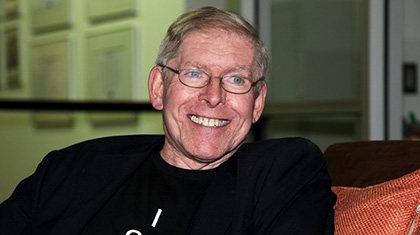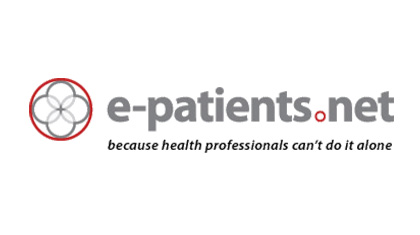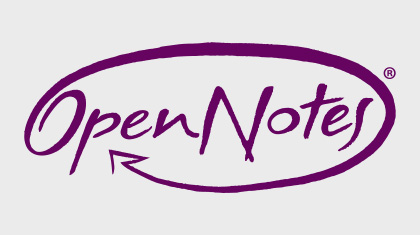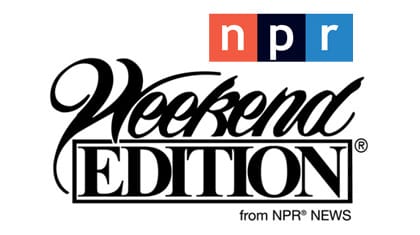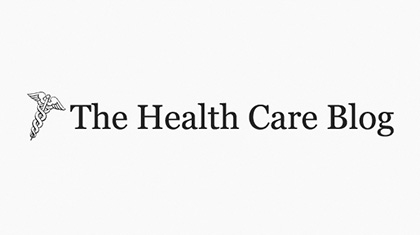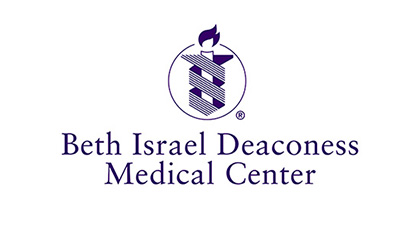Fast Company announced today that it named the Robert Wood Johnson Foundation (RWJF), the largest U.S. foundation devoted to health, as one of the 10 most innovative not-for-profit organizations globally. The magazine’s annual list of the world’s most innovative companies recognizes established enterprises and rising newcomers alike for exemplifying the best in business and innovation;…
blog
Society for Participatory Medicine: From OpenNotes to OurNotes: New project heads toward *real* participatory medicine
I’m beyond thrilled. Way beyond thrilled. This is going to take some figuring out, but is this what we’ve been striving toward, or what?? For years we’ve written here about the OpenNotes study (OpenNotes.org), funded by the Robert Wood Johnson Foundation, which established that when patients can read their doctors’ unedited visit notes – the hairy detailed medicalese…
e-patients.net – Evidence: “Patients value direct, independent access to their medical exams.” Who knew??
Healthcare providers who are tracking patient experience and patient satisfaction, take note: a new study reported yesterday in Science Daily provides evidence that we patients really like it when we can view the data you collected about us. Even us over-50 ones, who are widely believed to be technologically not up to the task. (Fans of patient autonomy, like…
The Doctor is Listening: More on OpenNotes & Surprising Results of What Doctors Think
Recently, I wrote on NPR’s Shots Blog about the movement towards open medical records and the pioneering work of OpenNotes by Dr. Tom Delbanco and Jan Walker. Here’s an excellent RWJF podcast about why they decided getting health care providers to share their notes with patients, and where their work is headed next. Here’s a…
2014 RWJF Pioneering Ideas Podcast: What if? Shifting Perspectives to Change the World
RWJF’s Emmy Ganos talks to Tom Delbanco and Jan Walker of OpenNotes about the original spark that inspired them to create this national initiative, what they’ve learned as OpenNotes has spread to more and more hospitals and health systems, and where their pioneering work is heading next. Listen to the full podcast here!
Life as a Healthcare CIO: Wikipedia and Facebook for Clinical Documentation
Over the past several years I’ve written about the inadequate state of clinical documentation, which is largely unchanged since the days of Osler, (except for a bit more structure introduced by Larry Weed in the 1970s) and was created for billing/legal purposes not for care coordination. One of the most frequent complaints in my email…
NPR Weekend Edition: When Patients Read What Their Doctors Write
The woman was sitting on a gurney in the emergency room, and I was facing her, typing. I had just written about her abdominal pain when she posed a question I’d never been asked before: “May I take a look at what you’re writing?” At the time, I was a fourth-year medical resident in Boston.…
The Healthcare Blog: An Open Note to Open Note Objectors
There is a growing group of articulate and engaged patients committed to getting access to all their medical information in order to be better positioned to work collaboratively with their clinical teams. Published studies like the OpenNotes project have consistently shown significant benefits and a lack of serious problems. Health care systems are slow to…
BIDMC Health First blog: Being able to read my doctors’ notes has become an invaluable tool
by Eileen Hughes I was 20 years old when a new doctor I had just started seeing for my recent diagnosis of type 1 diabetes told me that his job was to help me learn more about diabetes, but ultimately it was my disease to manage. It was my choice to take insulin, to watch…
The Healthcare Blog: Is Sharing Mental Health Notes with Patients a Good Idea?
Would allowing patients to read their mental health notes provide more benefits than risks? In a recent article in JAMA my colleagues and I argue that it would. While transparent medical records are gaining favor in primary care settings throughout the country through the OpenNotes initiative, there has been reluctance to allow patients to see what their…

